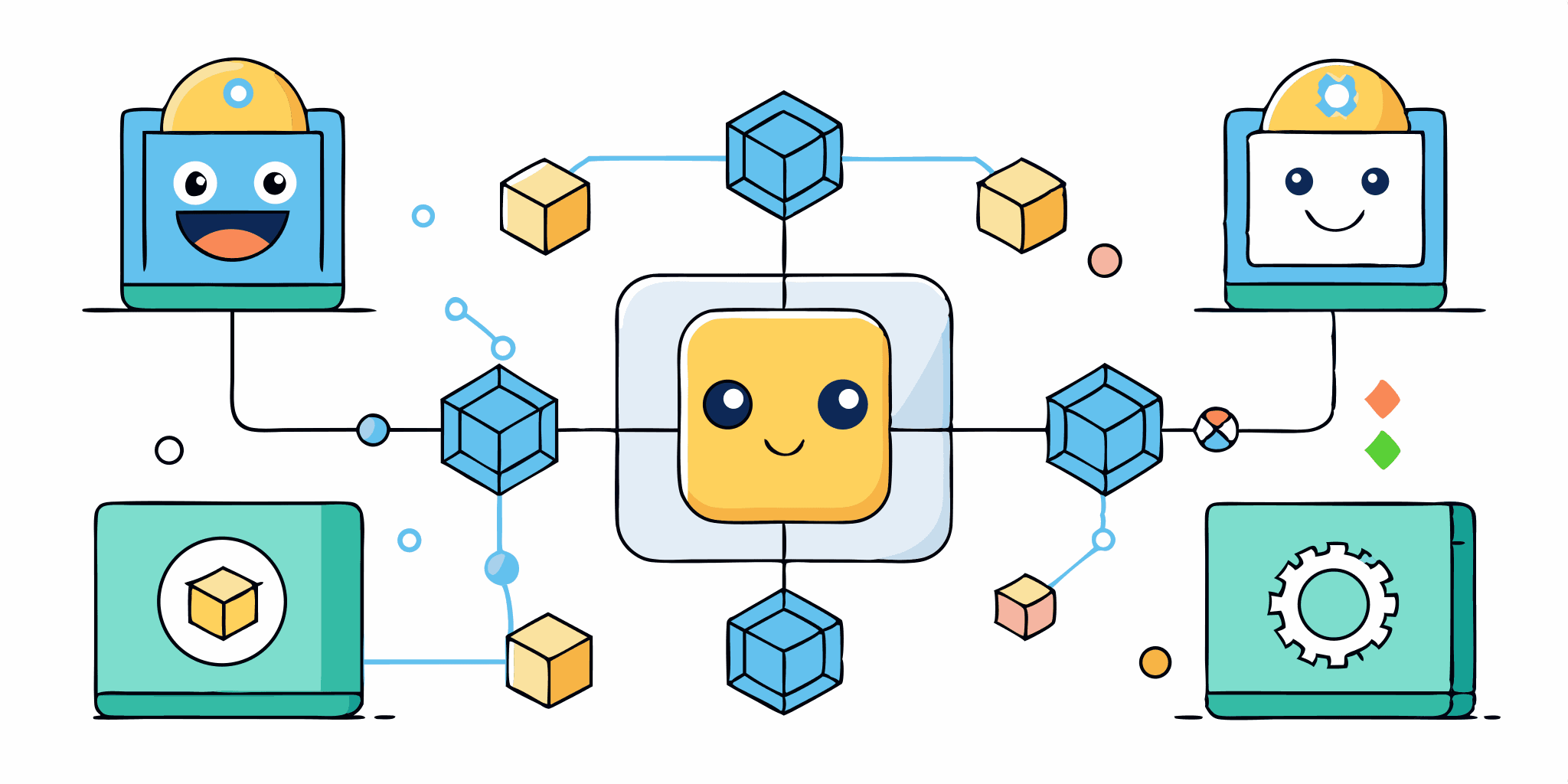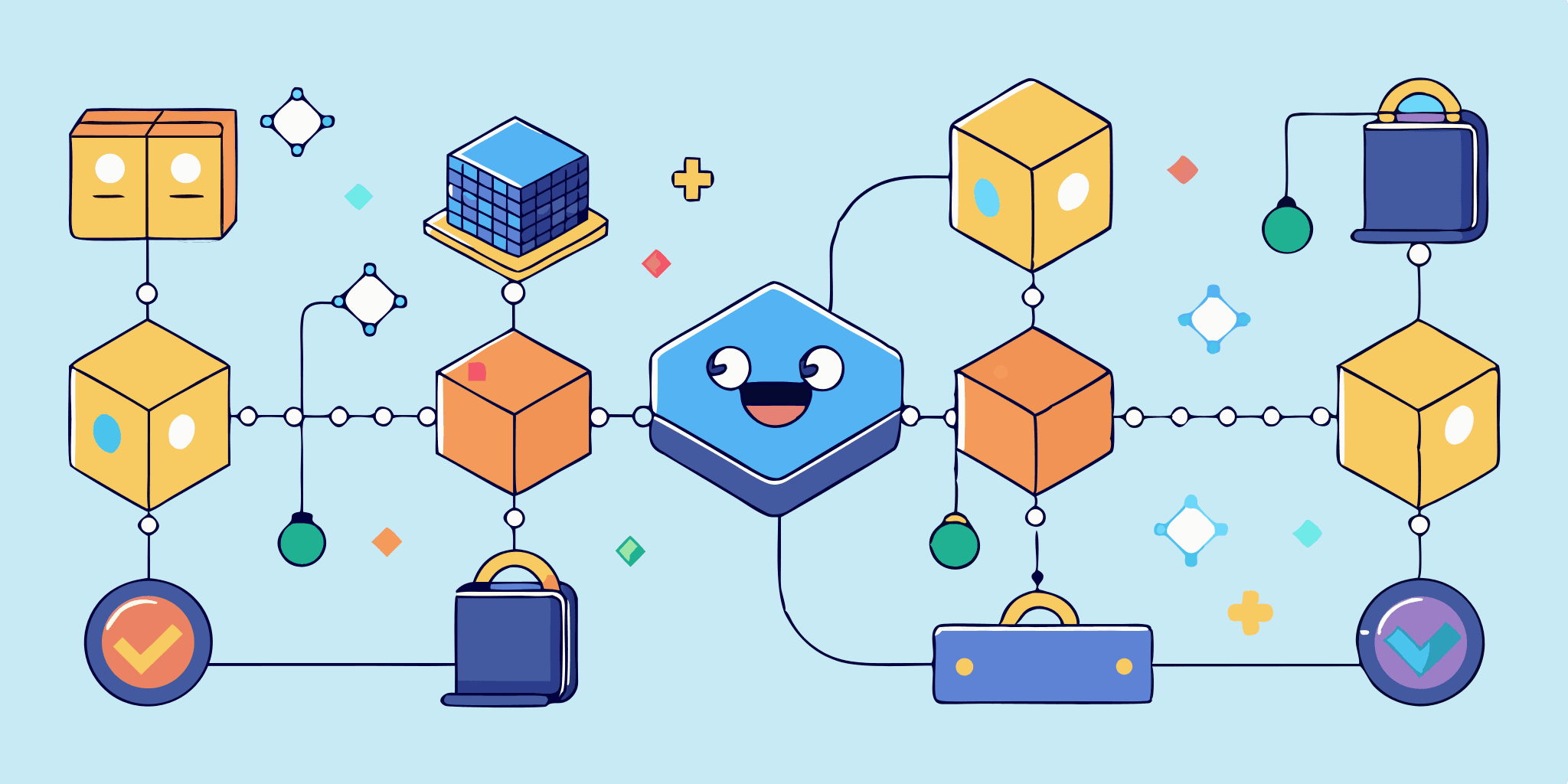

Block Chain
What Is Blockchain?
At its core, blockchain is a digital ledger. Think of it like a spreadsheet or database—but instead of being controlled by one person or company, it’s maintained by a network of computers (called nodes) around the world. Every time data is added to the blockchain, it gets stored in a “block.” These blocks are linked together in a chain—hence the name blockchain.
Each block contains:
-
A list of transactions or data
-
A timestamp
-
A unique identifier (called a hash)
-
The hash of the previous block (linking them together)
Because every block is connected to the one before it, it becomes extremely difficult to alter past data. Any tampering would break the chain—making the system highly secure and transparent.
How Does It Work?
Here’s a simplified version of what happens during a blockchain transaction:
-
A transaction is requested (e.g., sending cryptocurrency).
-
The transaction is broadcast to a network of computers (nodes).
-
The network validates the transaction using complex algorithms.
-
Once verified, the transaction is combined with others into a block.
-
The block is added to the chain, creating a permanent, unchangeable record.
-
The transaction is complete, and all participants see the update.
This process is called consensus—where multiple parties agree that a transaction is valid. One popular method of achieving consensus is called Proof of Work, which is used by Bitcoin.
Blockchain vs. Bitcoin
People often confuse blockchain with Bitcoin, but they’re not the same.
-
Blockchain is the technology.
-
Bitcoin is a cryptocurrency that uses blockchain.
Think of blockchain as the internet, and Bitcoin as a website that runs on it. Bitcoin was the first major use case of blockchain, but there are thousands of other applications today.
Why Is Blockchain a Big Deal?
Here are a few key benefits of blockchain:
Decentralization
No single entity controls the data. Everyone on the network shares responsibility, making it resistant to manipulation and failure.
Transparency
Every transaction is visible on the blockchain. This builds trust, especially in industries like finance, supply chain, and governance.
Security
Because of encryption and the linked nature of the chain, it’s nearly impossible to alter past transactions without being detected.
Efficiency
Blockchain can reduce or eliminate the need for intermediaries, which can cut costs and speed up processes.
Real-World Applications of Blockchain
Blockchain isn’t just for crypto. It’s being used in a wide range of industries:
-
Finance: Faster, cheaper international money transfers.
-
Healthcare: Secure patient data sharing between providers.
-
Supply Chain: Tracking goods from factory to store to ensure authenticity.
-
Voting: Secure, tamper-proof digital voting systems.
-
Real Estate: Transparent property records and ownership.
Challenges and Limitations
Despite its potential, blockchain isn’t perfect:
-
Scalability: Some blockchains (like Bitcoin) can handle only a few transactions per second.
-
Energy Use: Proof-of-work systems consume huge amounts of electricity.
-
Regulatory Uncertainty: Many governments are still figuring out how to handle blockchain and crypto.
-
Complexity: For mainstream adoption, the technology needs to be simpler and more user-friendly.
The Future of Blockchain
Blockchain is still in its early stages, but it’s evolving quickly. Newer consensus mechanisms like Proof of Stake and Layer 2 solutions are solving scalability and energy concerns. Companies, governments, and startups are all investing heavily in blockchain R&D.
As the technology matures, expect to see it become as common and essential as the internet itself.
Blockchain is more than just a buzzword or a financial trend—it’s a foundational shift in how we record, verify, and share information. Whether you’re a business owner, developer, investor, or just a curious human being, understanding blockchain gives you a front-row seat to the next big digital revolution.
FAQ
Aksked & Question
The specific goals of a marketing agency can vary
depending on the client's needs, industry.
1. What services does your agency offer?
Provide an overview of the primary digital services your agency specializes in, such as digital marketing, web development, design, etc. Feel free to customize these based on the specific services, policies, and practices.
2. What industries does your agency work with?
Provide an overview of the primary digital services your agency specializes in, such as digital marketing, web development, design, etc. Feel free to customize these based on the specific services, policies, and practices.
3. What sets your agency apart from others in the industry?
Provide an overview of the primary digital services your agency specializes in, such as digital marketing, web development, design, etc. Feel free to customize these based on the specific services, policies, and practices.
4. What is your pricing structure or payment process?
Provide an overview of the primary digital services your agency specializes in, such as digital marketing, web development, design, etc. Feel free to customize these based on the specific services, policies, and practices.
Let’s TALK
Crafting a contact text for a digital agency involvesproviding esential information for potential clients or collaborators to reach out.
Connect Us
Contact Now
Welcome to InnovateTech Solutions
EMAIL MARKETING
DIGITAL STUDIO
UI/UX DESIGN
EMAIL MARKETING
UI/UX DESIGN
Welcome to InnovateTech Solutions
EMAIL MARKETING
DIGITAL STUDIO
UI/UX DESIGN
EMAIL MARKETING
UI/UX DESIGN

